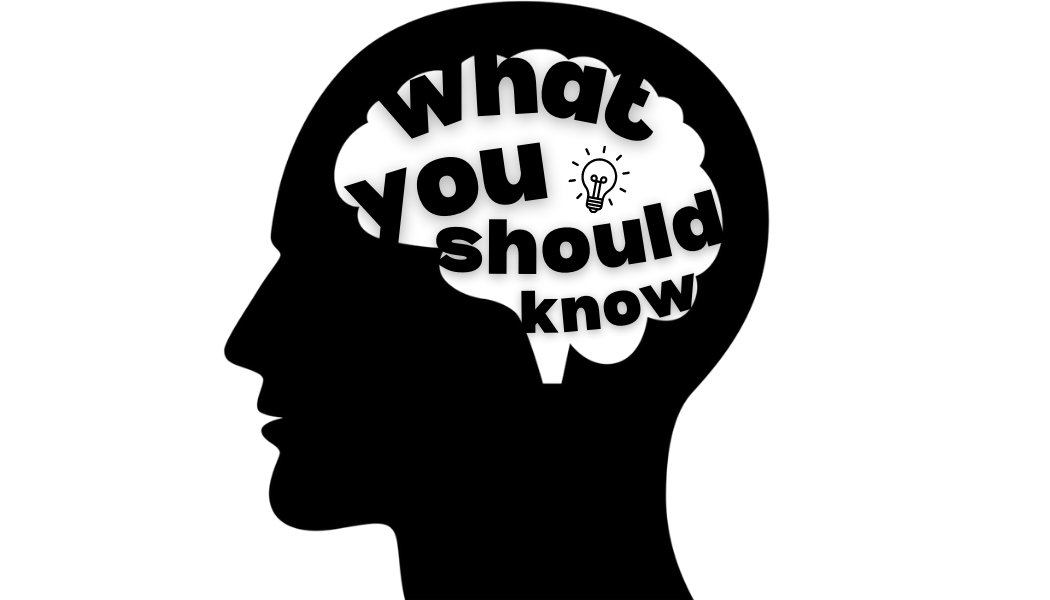What are signs of suicide?
Warning signs of suicide can include changing behaviors such as withdrawing from friends, giving away important items, taking dangerous risks, expressing severe mood swings and eating or sleeping more or less, according to the National Institute of Mental Health. Someone thinking about suicide may also talk about wanting to die, or feeling like a burden to others. Especially for college students, behavioral changes to watch for are substance abuse and not tending to their obligations.
There are many behavioral and verbal signs that someone is considering suicide, according Marci Berney, M.A., director of student outreach and support and case manager.
“It starts with sensing that feeling in your gut that something is different and something’s not quite right,” Berney said.
What steps should I take after someone tells me they’re having suicidal thoughts?
If a friend or someone you know mentions they are considering suicide, or you notice the warning signs of suicide in their actions, the best next step is to have an honest, direct conversation with them about their mental health, said Berney.
“It’s always better to ask someone about their thoughts,” Berney said. “There’s this myth that if you ask someone about suicidal thoughts, you might put that [idea] in their head. And there’s been research that’s shown that that is a myth, and in reality, it helps someone to feel seen and to feel heard and to be able to actually respond and know that it’s okay to talk with someone about this.”
When talking to a friend or loved one about their suicidal thoughts, reassure them that you are there to support them and listen to them. Ask direct questions such as, “How long have you had these feelings?” and “Are you thinking about dying?” but remember to be sensitive and don’t pass judgment. Show them that you care and want to help them, and assure them they can get help.
“What you say is actually less important than just being there,” Berney said. “Expressing that concern and then being able to encourage your friend and maybe even being able to help them connect with one of our campus resources is ultimately going to be what’s the most helpful for those friends.”
What resources are there for people experiencing suicidal thoughts or a mental health crisis?
Mental health professionals are best equipped to help. If the person is not ready to seek professional help, you can connect them to national resources such as the 24/7 National Suicide Prevention Lifeline at 988 or text TALK to the Crisis Text Line at 741741.
On campus, Counseling and Psychological Services (CAPS) is available 24/7 at (610) 660-1090, then option two. Counselors are also available for appointments on Hawk Hill in Merion Gardens and on the University City campus at Whitecar Hall. If someone is in immediate danger, call 911 and Public Safety at (610) 660-1111 for Hawk Hill and (215) 597-7000 for UCity.
Knowing what to do to help and where to go when a friend or loved one is experiencing suicidal thoughts or a mental health crisis is important for spreading information and letting people know they are not alone, said Marybeth Ayella, Ph.D., assistant professor of sociology and advisor for Active Minds.
“More education, openness around these issues, and everyone knowing how to refer for help is crucial,” Ayella said.














































